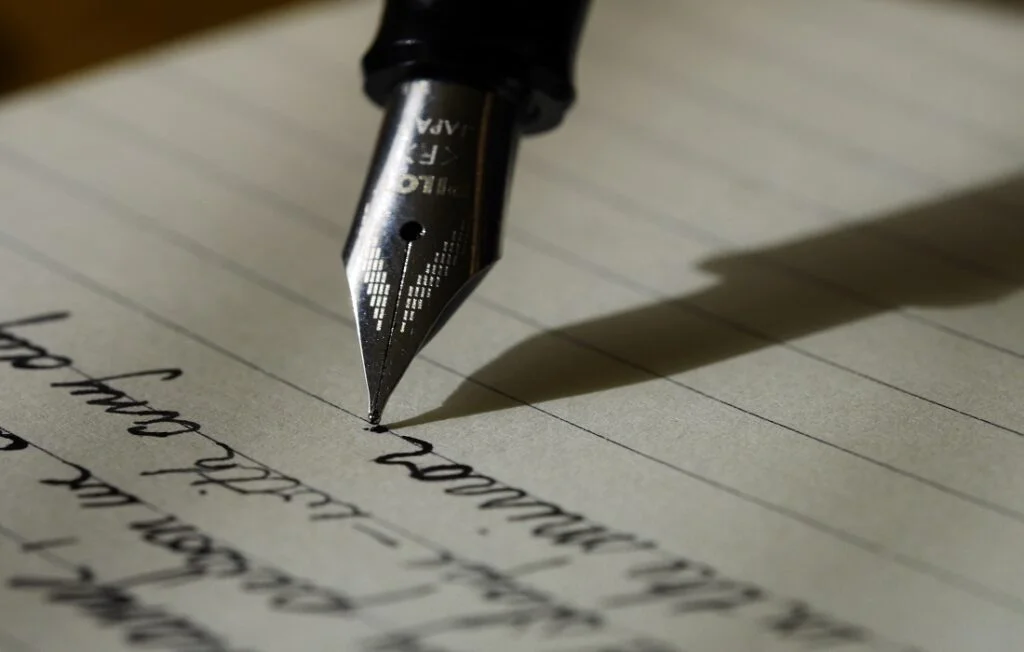Every fine piece of writing goes through several stages of editing, revision, and proofreading. While most people consider editing valuable, few devote time to it properly.
The revision process ensures that your work maintains the original idea, proper language, and grammatical accuracy. So, we’ve collected ten revision tips that can distinguish your piece from amateur writing.
If you’re not prepared to book a history essay writer from essayservice.com for your academic assignments, these tips should help to brush up your writing.
Set It Aside for a While
The first step to efficient revision is to set your draft aside for a day or two, depending on your deadline. Even if you only got a few hours to submit, allowing the paper some space will help you return with a fresh outlook.
Excellent writing requires patience, and professional essay writers never tender their first draft as the final piece. When you revisit the work after some time, you can work on it with fresh eyes. If you can, take a walk, a nap, or get some food before you start polishing the essay.
Ask Questions That Guide Your Perspective
Every essay has a central idea. While letting this idea guide your writing is natural, it’s easy to stray from the original point. To maintain perspective, consider questions like these when revising your work:
- What is the main idea of my essay?
- Does my essay support the main point?
- Are the sources cited relevant?
- Is the voice and tone of the essay appropriate?
You should seek essay writer help if you have more negative feedback after answering these questions.
Revise Global and Then Local Issues
Don’t muddle all kinds of revisions together. Focus on the ideas presented in the essay, and deal with grammatical errors later. If you find a mistake while examining the idea in a paragraph, you can highlight it or make a mental note to revisit it afterward.
Work on the story idea first by ensuring it has a coherent logic, tone, and purpose. Once you achieve this, then you can worry about spelling and punctuation errors.
Seek Feedback from Others
Getting feedback from other readers is the best way to clean up your draft. Editors, fellow writers, or colleagues can provide clear and logical feedback from a reader’s perspective. They can easily spot lapses, incomplete sentences, and areas that need more work.
If your piece is important, you can also get feedback from a professional essay writer online. These experts can review your writing and outline areas for improvement in clear and simple steps.
Split Essay into Bite-Sized Chunks
Writing an entire class project or Ph.D. dissertation comes down to many pages, and you’ll need more time to edit, revise, and proofread. Divide the work into smaller chunks, and review one chapter at a time. When you’re done, conduct a comprehensive review of the entire work and check how these chapters relate to one another and, ultimately, the main idea.
Evaluate Your Supporting Claims
Supporting facts make your points credible, and that’s why you need to provide credible evidence to support your claims. The best essay writers evaluate the relevance of evidence used to support their ideas and look for ways to improve them.
Stick to current statistics, facts, surveys, and news reports, and avoid unverifiable evidence. Check to ensure all your sources are cited correctly and if some facts don’t meet the standard, cut them out. During revision, be open to new ideas because you may discover you need more sources to back up your claims.
Check Sentence Flow
To check for sentence flow, read your essay aloud. Ensure every sentence connects naturally to the next, and there’s no missing link that leaves the reader hanging.
Confirm that your language use, tone, and voice are consistent throughout the piece. For instance, if you’re writing a report, all actions should be reported in the past tense, except for quoted statements.
Tighten Your Language
Once you start to revise, you will find many parts of your work that need to go. At this point, you should clean up confusing statements, illogical ideas, fluff, or misused words. Don’t use two words when you can use one.
Fluff makes your writing difficult and boring to grasp. Rather than using “empty” words to make up the word count, develop your ideas more constructively. If you run out of ideas, you can solicit help from the best essay writers online.
Scrub Grammatical Errors
No matter how punchy your ideas are, poor spelling or punctuation could ruin everything. You can use editing tools or do it manually.
As an academic essay writer, you should keep a dictionary or thesaurus close when revising an essay. Ensure you’re using synonyms best suited to the sentence and not just replacing ordinary words. Look over your sentences for one last grammatical check, and nod to yourself when everything’s clean.
Switch to a Reader’s POV
Taking a reader-centric look at your piece will help you revise your work before you submit it. Pretend that you’re reading someone else’s work and you’re about to grade them.
Even if you used an essay writer for hire to get your work ready, always revise again. Don’t be afraid to judge or credit your piece as a reader would. Remember, that’s only how your writing becomes clearer, sharper, and more powerful.

Conclusion
Writing is a lot of work but also a rewarding venture. You can find an essay writer online to write your term paper or assignment. Whether you use professional help or not, it’s crucial to revise your pieces before you submit them. Start with these tips, and you can start churning out the best essay for school or personal use.
